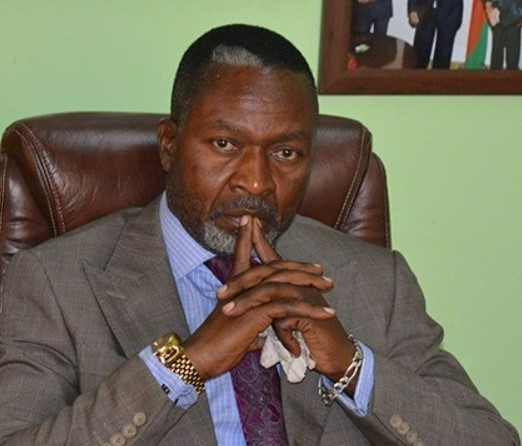The latest United Nations report show that fifty-five journalists and media professionals were killed last year and that nearly nine in 10 killings since 2006 are still unresolved.
The United Nations Educational, Scientific and Cultural Organization (UNESCO) says impunity is “alarmingly widespread”.
“Once again in 2021, far too many journalists paid the ultimate price to bring truth to light”, said UNESCO Director-General Audrey Azoulay.
Ms Azoulay said: “Right now, the world needs independent, factual information more than ever. We must do more to ensure that those who work tirelessly to provide this can do so without fear.”
Although the number of victims stands at its lowest for a decade, UNESCO underlined the many dangers that reporters face in trying to cover stories and expose wrongdoing.
In2021, as in previous years, journalists faced high rates of imprisonment, physical attack, intimidation and harassment, including when reporting on protests.
No distinction
Women journalists continue to be particularly at risk as they are subjected to a “shocking prevalence of harassment online”, UNESCO said, citing data which showed that nearly three-quarters of female media professionals surveyed had experienced online violence linked to their work.
According to the UNESCO Observatory of Killed Journalists, two-thirds of victims in 2021 died in countries where there is no armed conflict.
This marks a complete reversal of the situation in 2013, when two-thirds of killings took place in countries experiencing conflict.
Regional dangers
Most deaths in 2021 occurred in just two regions, Asia-Pacific- with 23 killings, and Latin America and the Caribbean – 14, according to UNESCO. Last Wednesday, Ms. Azoulay condemned the killing of Myanmar journalist Sai Win Aung on 25December while covering the plight of refugees in the southeastern state of Kayin.
Bold platform
UNESCO said it has a global mandate to ensure freedom of expression and the safety of journalists worldwide.
Every time a journalist or media professional is killed, the agency systematically urges authorities to conduct a full investigation.
The agency also coordinates the UN Plan of Action on the Safety of Journalists and the issue of Impunity, which marks its 10-year anniversary in 2022.
UNESCO also provides training for journalists and judicial actors, works with Governments to develop supportive policies and laws and raises global awareness through events such as World Press Freedom Day, commemorated annually on 3 May.
According to UNESCO, 3 May acts as a reminder to governments of the need to respect their commitment to press freedom and is also a day of reflection among media professionals about issues of press freedom and professional ethics.
Justas importantly, World Press Freedom Day is a day of support for media which are targets for the restraint or abolition, of press freedom. It is also a day of remembrance for those who lost their lives in pursuit of a story.
Image source: Aljazeera
The author is a seasoned Zambian Journalist and Historian.
Naleli1950@gmail.com

Discover more from MAKANDAY
Subscribe to get the latest posts sent to your email.



